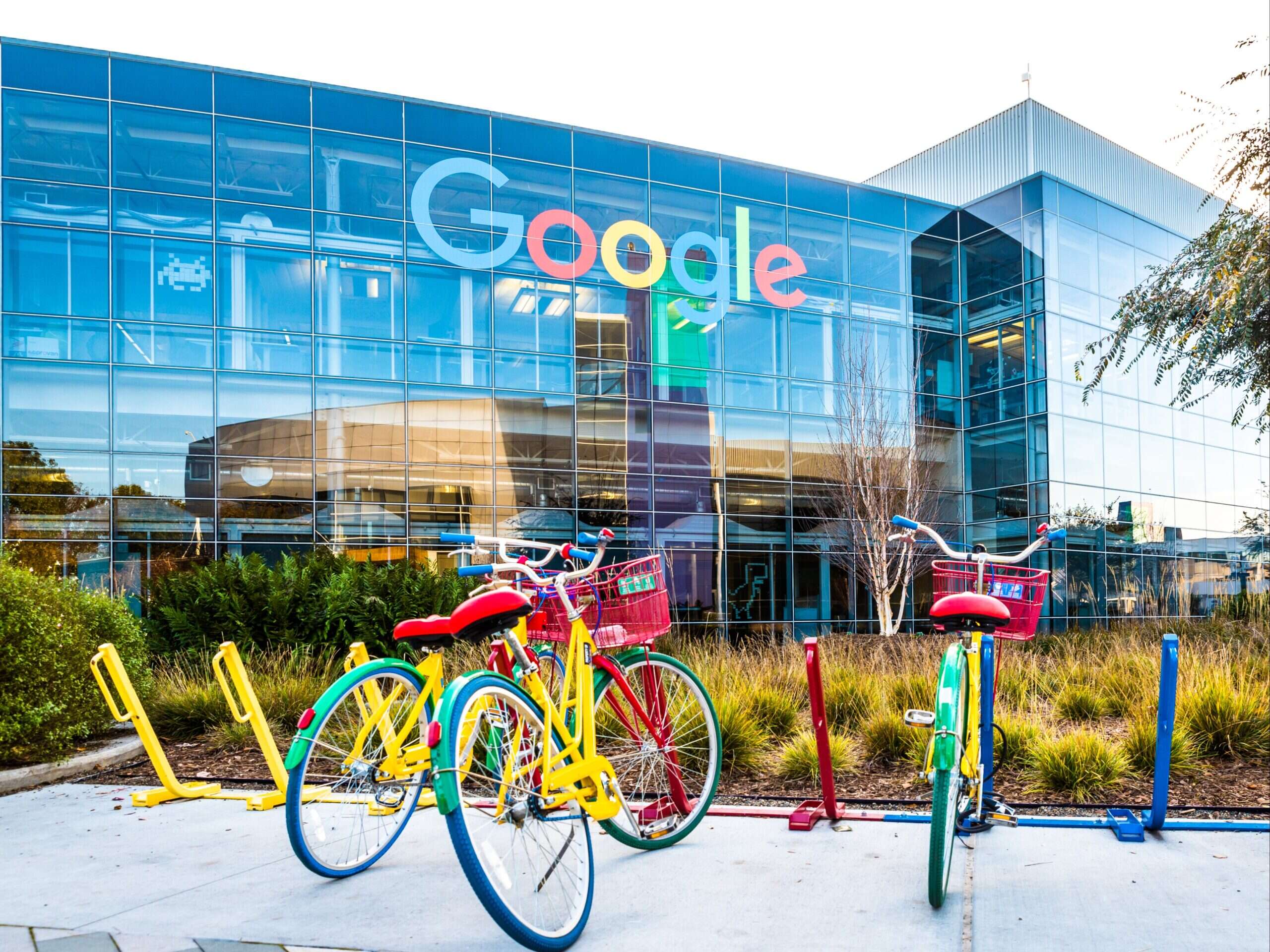
The UK’s competition watchdog has opened an investigation into Google’s plan to remove third party cookies from its Chrome browser after newspaper publishers complained the tech giant is “abusing its dominant position”.
The Competition and Markets Authority will look at whether Google’s Privacy Sandbox will mean advertising spend becomes even more concentrated at the expense of competitors, including news publishers and other tech companies.
Google is already dominant, together with Facebook taking 80% of the £14bn spent on digital advertising in the UK in 2019.
It plans to phase out support for third-party cookies within the Chrome browser, thought to be used by three-quarters of UK computers, in 2022 meaning personalised advertising will be taken out of the open-web and placed into the tech giant’s sole control.
[Read more: In-depth look at how Google is building an internet without cookies – and why publishers are concerned]
A group of publishers and technology companies calling themselves Marketers for an Open Web contacted the CMA with fears Privacy Sandbox will cement Google’s dominance of online business, hitting small publishers the hardest and resulting in the loss of journalist jobs.
But the CMA is balancing competition concerns with privacy, noting that third-party cookies allow consumer behaviour to be tracked across the web “in ways that many consumers may feel uncomfortable with and may find difficult to understand”.
The CMA said it had already been looking at the proposals alongside Google and the Information Commissioner’s Office but that given their “importance and potential impact” this will now be turned into a formal investigation.
CMA chief executive Andrea Coscelli said the proposals “will potentially have a very significant impact on publishers like newspapers, and the digital advertising market”.
“But there are also privacy concerns to consider, which is why we will continue to work with the ICO as we progress this investigation, while also engaging directly with Google and other market participants about our concerns.”
The news of an investigation has been welcomed by media figures including Bauer Publishing’s UK chief executive Chris Duncan, who was until last year managing director of platform partnerships at Sun and Times publisher News UK.
Duncan tweeted: “Good to see intervention before the changes have been made, full time ex ante regulation is the only way to protect competitiveness with such dominant market power involved…”
[Read more: Publishers and marketers revolt over Google plans to replace cookies with Privacy Sandbox]
Google insists it is publicly collaborating on its plans before making any changes and has pointed out Mozilla and Apple have already blocked third-party cookies on their respective Firefox and Safari browsers.
A Google spokesperson said: “Creating a more private web, while also enabling the publishers and advertisers who support the free and open internet, requires the industry to make major changes to the way digital advertising works.
“The Privacy Sandbox has been an open initiative since the beginning and we welcome the CMA’s involvement as we work to develop new proposals to underpin a healthy, ad-supported web without third-party cookies.”
Ad-buyer Matt Rhodes last month explained why advertisers are concerned, telling Press Gazette: “Whereas cookies are essentially owned by the brand – the advertiser drops it and then the advertiser reads it – browser-based means that all the ownership then sits, in reality, with Google.
“And that’s problematic because then you’ve got the same kind of dynamic you had with what’s happened with publishers and [social media].
“You’re going from a situation of people who’ve got advertising space having the power, to all the power sitting with Google essentially and so revenue opportunities decrease because they control the market.”
Picture: Shutterstock
Email pged@pressgazette.co.uk to point out mistakes, provide story tips or send in a letter for publication on our "Letters Page" blog
